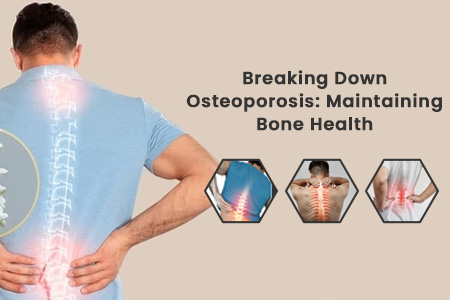
 2024-02-16
2024-02-16
Osteoporosis is a silent yet pervasive disease characterized by weakened bones and an increased risk of fractures. Often referred to as the "silent thief" because it progresses without symptoms until a fracture occurs, osteoporosis affects millions of people worldwide, particularly older adults. Understanding the risk factors, causes, and management strategies for osteoporosis is crucial in preventing fractures and preserving bone health.
Osteoporosis is a bone disease characterized by decreased bone density and deterioration of bone tissue, leading to increased fragility and susceptibility to fractures. While bone loss is a natural part of aging, individuals with osteoporosis experience accelerated bone loss, resulting in bones that are porous and weak.
Key factors contributing to the development of osteoporosis include:
1. Aging: Bone density tends to decrease with age, making older adults more susceptible to osteoporosis.
2. Gender: Women are at a higher risk of developing osteoporosis compared to men, particularly after menopause due to a decline in estrogen levels.
3. Hormonal imbalances: Conditions such as hyperparathyroidism, hypogonadism, and adrenal gland disorders can disrupt hormone levels and contribute to bone loss.
4. Nutritional deficiencies: Inadequate intake of calcium, vitamin D, and other essential nutrients can impair bone formation and increase the risk of osteoporosis.
5. Lifestyle factors: Factors such as sedentary lifestyle, smoking, excessive alcohol consumption, and long-term use of certain medications (e.g., glucocorticoids) can weaken bones and contribute to osteoporosis.
Diagnosis of osteoporosis is typically based on bone mineral density (BMD) testing, such as dual-energy X-ray absorptiometry (DEXA) scans, which measure bone density and assess fracture risk.
Management and Treatment of Osteoporosis:
The management of osteoporosis aims to prevent fractures, slow the progression of bone loss, and improve bone density. Treatment strategies may include:
1. Calcium and vitamin D supplementation: Adequate intake of calcium (1000-1200 mg/day) and vitamin D (800-1000 IU/day) is essential for maintaining bone health and reducing the risk of fractures.
2. Lifestyle modifications: Regular weight-bearing exercise, such as walking, jogging, or resistance training, can help strengthen bones and improve balance, reducing the risk of falls and fractures.
3. Medications: Various medications are available to treat osteoporosis, including bisphosphonates, selective estrogen receptor modulators (SERMs), hormone replacement therapy (HRT), and monoclonal antibodies (e.g., denosumab). These medications work by slowing bone loss, increasing bone density, and reducing fracture risk.
4. Fall prevention measures: Implementing safety measures at home, such as removing tripping hazards, installing grab bars in bathrooms, and using assistive devices, can help reduce the risk of falls and fractures, particularly in older adults.
Promoting Prasidh Hospital's Expert Care:
Prasidh Hospital is dedicated to providing comprehensive care and support to individuals affected by osteoporosis. With a multidisciplinary team of orthopedic specialists, endocrinologists, physical therapists, and nutritionists, Prasidh Hospital offers personalized treatment plans tailored to each patient's unique needs and risk factors.
At Prasidh Hospital, individuals with osteoporosis benefit from state-of-the-art diagnostic facilities, including bone density testing and fracture risk assessments, allowing for early detection and targeted management.
Treatment at Prasidh Hospital emphasizes a multidimensional approach, addressing not only bone health but also fall prevention, nutritional support, and lifestyle modifications. Through education, counseling, and ongoing monitoring, Prasidh Hospital strives to empower individuals with osteoporosis to take control of their bone health and reduce the risk of fractures.
Osteoporosis is a prevalent and potentially debilitating condition that requires proactive management to preserve bone health and prevent fractures. By understanding the risk factors, causes, and treatment options for osteoporosis, individuals can take steps to maintain bone density, reduce fracture risk, and enhance overall quality of life. Prasidh Hospital stands as a beacon of expertise and support for individuals affected by osteoporosis, offering personalized care, innovative treatments, and compassionate guidance to promote bone health and well-being.
 What’s Causing That Itchy Feeling in Your Ears? 2024-09-21 by : Prasidh Hospitals
What’s Causing That Itchy Feeling in Your Ears? 2024-09-21 by : Prasidh Hospitals
 Kidney Health Comprehensive Kidney Stone Care 2024-09-20 by : Prasidh Hospitals
Kidney Health Comprehensive Kidney Stone Care 2024-09-20 by : Prasidh Hospitals
 How Has Varicose Veins Treatment Changed Over the Years? 2024-09-18 by : Prasidh Hospital
How Has Varicose Veins Treatment Changed Over the Years? 2024-09-18 by : Prasidh Hospital
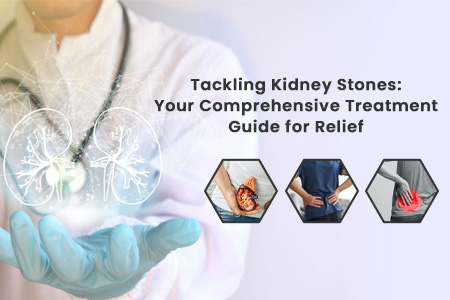 Tackling Kidney Stones Your Comprehensive Treatment Guide for Relief 2024-08-21 by : Prasidh Hospital
Tackling Kidney Stones Your Comprehensive Treatment Guide for Relief 2024-08-21 by : Prasidh Hospital
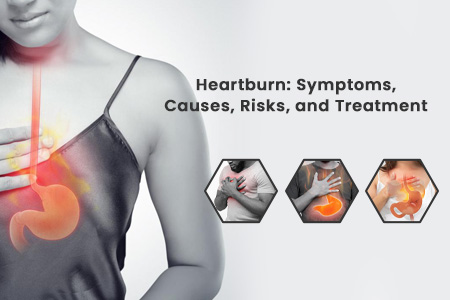 Heartburn Symptoms, Causes, Risks, and Treatment 2024-08-20 by : Prasidh Hospital
Heartburn Symptoms, Causes, Risks, and Treatment 2024-08-20 by : Prasidh Hospital
 Mosquito-Related Diseases Symptoms, Causes, and Preventive Tips 2024-08-16 by : Prasidh Hospital
Mosquito-Related Diseases Symptoms, Causes, and Preventive Tips 2024-08-16 by : Prasidh Hospital
 Understanding ADHD in Children Signs, Symptoms, and Treatment 2024-07-11 by : Prasidh Hospitals -
Understanding ADHD in Children Signs, Symptoms, and Treatment 2024-07-11 by : Prasidh Hospitals -
 Pregnancy Planning Preparing for a Healthy Pregnancy 2024-07-11 by : Prasidh Hospitals -
Pregnancy Planning Preparing for a Healthy Pregnancy 2024-07-11 by : Prasidh Hospitals -
 Understanding High Blood Pressure Causes, Risks, and Management 2024-07-11 by : Prasidh Hospitals -
Understanding High Blood Pressure Causes, Risks, and Management 2024-07-11 by : Prasidh Hospitals -
 Understanding Hormonal Imbalances Causes, Symptoms, and Treatments for a Balanced Life 2024-05-27 by : Prasidh Hospital
Understanding Hormonal Imbalances Causes, Symptoms, and Treatments for a Balanced Life 2024-05-27 by : Prasidh Hospital
 Navigating Orthopaedic Surgery Procedures, Recovery, and Benefits 2024-05-25 by : Prasidh Hospital
Navigating Orthopaedic Surgery Procedures, Recovery, and Benefits 2024-05-25 by : Prasidh Hospital
 Boosting Your Child's Immune System Paediatric Advice for a Healthy Future 2024-05-24 by : Prasidh Hospital
Boosting Your Child's Immune System Paediatric Advice for a Healthy Future 2024-05-24 by : Prasidh Hospital
 Joint Replacement Surgery: What to Expect and How to Prepare 2024-04-12 by : Prasidh Hospital
Joint Replacement Surgery: What to Expect and How to Prepare 2024-04-12 by : Prasidh Hospital
 The Vital Importance of Regular Gynecologist Check-ups for Women's Health 2024-03-06 by : Prasidh Hospital
The Vital Importance of Regular Gynecologist Check-ups for Women's Health 2024-03-06 by : Prasidh Hospital
 The Lifesaving Role of Neonatal Intensive Care Units (NICUs) for Premature Babies 2024-03-07 by : Prasidh Hospital
The Lifesaving Role of Neonatal Intensive Care Units (NICUs) for Premature Babies 2024-03-07 by : Prasidh Hospital
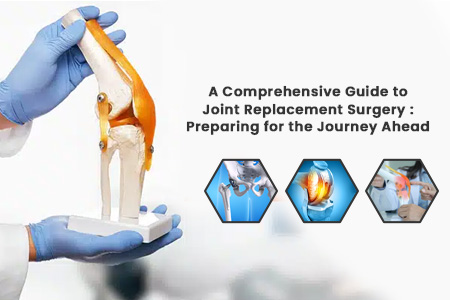 A Comprehensive Guide to Joint Replacement Surgery Preparing for the Journey Ahead 2024-03-04 by : Prasidh Hospital
A Comprehensive Guide to Joint Replacement Surgery Preparing for the Journey Ahead 2024-03-04 by : Prasidh Hospital
 Breaking Down Osteoporosis Maintaining Bone Health 2024-02-16 by : Prasidh Hospital
Breaking Down Osteoporosis Maintaining Bone Health 2024-02-16 by : Prasidh Hospital
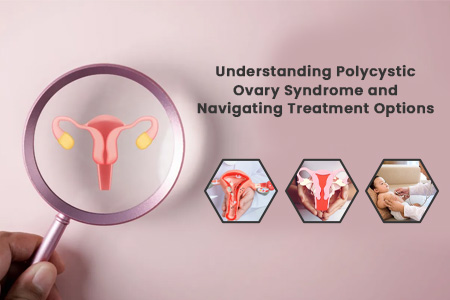 Understanding Polycystic Ovary Syndrome and Navigating Treatment Options 2024-02-16 by : Prasidh Hospital
Understanding Polycystic Ovary Syndrome and Navigating Treatment Options 2024-02-16 by : Prasidh Hospital
 Protecting Precious Lives Neonatal Pneumonia and Promoting Prasidh Hospital's Expert Care 2024-02-09 by : Prasidh Hospital
Protecting Precious Lives Neonatal Pneumonia and Promoting Prasidh Hospital's Expert Care 2024-02-09 by : Prasidh Hospital
 Rediscovering Sound A Journey through Hearing Loss Solutions at Prasidh Hospital 2024-01-29 by : Prasidh Hospital
Rediscovering Sound A Journey through Hearing Loss Solutions at Prasidh Hospital 2024-01-29 by : Prasidh Hospital
 Unveiling Solutions for PCOS Prasidh Hospitals Holistic Approach to Womens Health 2024-01-25 by : Prasidh Hospital
Unveiling Solutions for PCOS Prasidh Hospitals Holistic Approach to Womens Health 2024-01-25 by : Prasidh Hospital
 Challenges of ADHD Prasidh Hospital's Comprehensive Approach to Care 2024-01-24 by : Prasidh Hospital
Challenges of ADHD Prasidh Hospital's Comprehensive Approach to Care 2024-01-24 by : Prasidh Hospital
 Understanding Acid Peptic Disease Symptoms, Causes, and Treatment 2023-12-29 by : Prasidh Hospital
Understanding Acid Peptic Disease Symptoms, Causes, and Treatment 2023-12-29 by : Prasidh Hospital
 Nurturing Healthy Appetites A Guide to Improving Your Child's Eating Habits 2023-12-27 by : Prasidh Hospital
Nurturing Healthy Appetites A Guide to Improving Your Child's Eating Habits 2023-12-27 by : Prasidh Hospital
 Nourishing Pregnancy Foods to Avoid for a Healthy Journey 2023-12-20 by : Prasidh Hospital
Nourishing Pregnancy Foods to Avoid for a Healthy Journey 2023-12-20 by : Prasidh Hospital
 Identify the Symptoms of Allergy and Asthma A Comprehensive Guide 2023-12-13 by : Prasidh Hospital
Identify the Symptoms of Allergy and Asthma A Comprehensive Guide 2023-12-13 by : Prasidh Hospital
 Hyderabad's Solution to Dry Mouth Problems Expert Care 2023-11-28 by : Prasidh Hospital
Hyderabad's Solution to Dry Mouth Problems Expert Care 2023-11-28 by : Prasidh Hospital
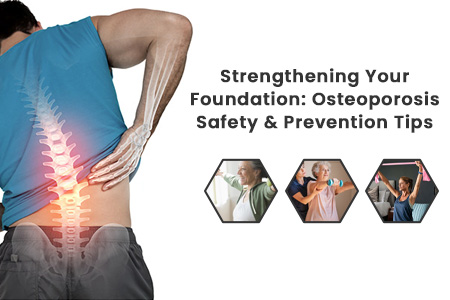 Strengthening Your Foundation: Osteoporosis Safety and Prevention Tips 2023-11-15 by : Prasidh Hospital
Strengthening Your Foundation: Osteoporosis Safety and Prevention Tips 2023-11-15 by : Prasidh Hospital
 Maximizing Your Chances of a Normal Delivery: Tips for a Healthy Pregnancy 2023-11-07 by : Prasidh Hospital
Maximizing Your Chances of a Normal Delivery: Tips for a Healthy Pregnancy 2023-11-07 by : Prasidh Hospital
 Laparoscopic surgery 2023-07-04 by : prasidhhospitals
Laparoscopic surgery 2023-07-04 by : prasidhhospitals
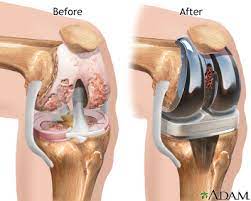 How to Manage Pain Swelling 2022-07-23 by : admin
How to Manage Pain Swelling 2022-07-23 by : admin
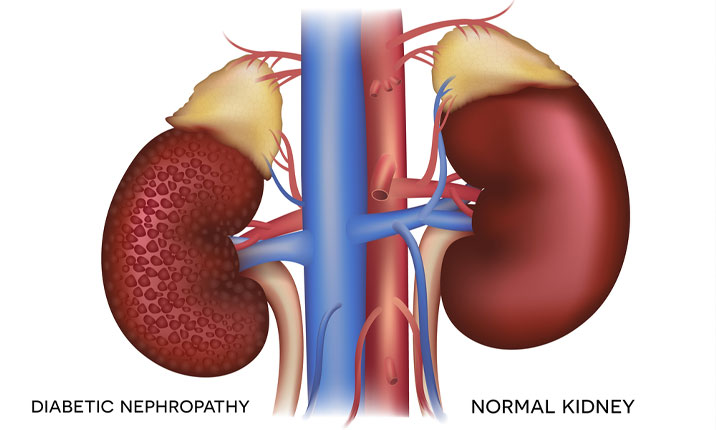 kidney health and diasbetes 2022-07-23 by : Admin
kidney health and diasbetes 2022-07-23 by : Admin
 how to increase the chances of normal delivery? 2022-07-23 by : admin
how to increase the chances of normal delivery? 2022-07-23 by : admin
Copyright © Prasidh rights reserved.